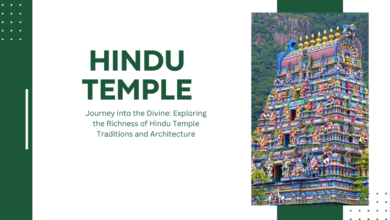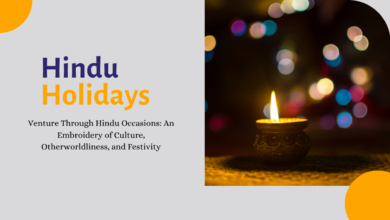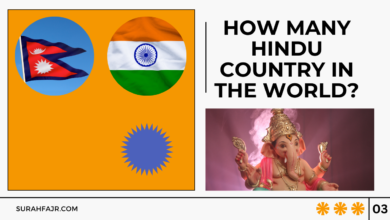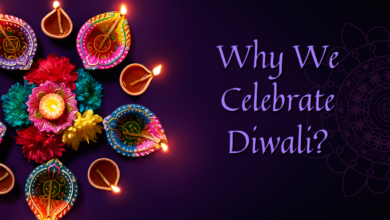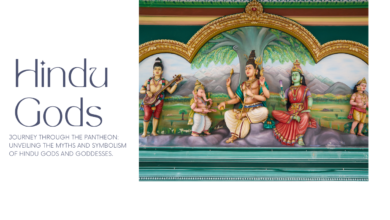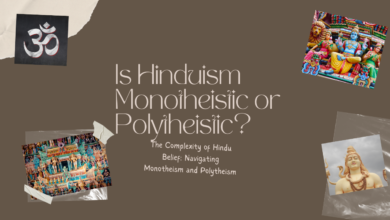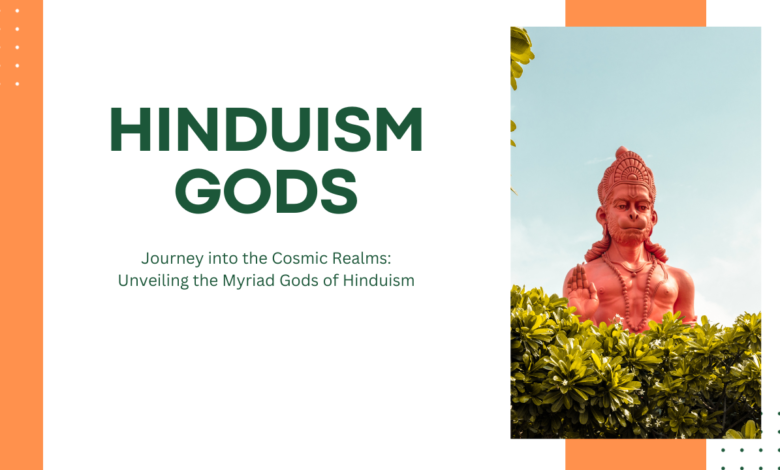
Hinduism Gods
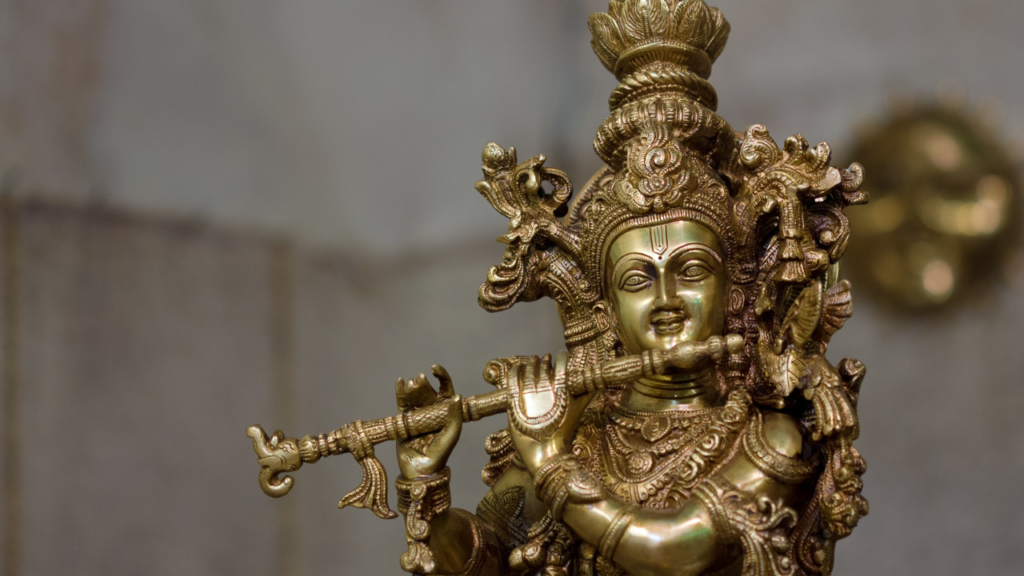
Introduction:
Hinduism, one of the world’s oldest religions, boasts a rich tapestry of gods and goddesses that form the backbone of its spiritual and cultural landscape. The pantheon of Hindu deities is vast and diverse, reflecting the multifaceted nature of the religion itself. From the powerful trinity of Brahma, Vishnu, and Shiva to the myriad forms of goddesses and regional deities, Hinduism’s divine realm is a fascinating exploration of cosmic energies and divine principles.
The Holy Trinity:
- Brahma: The Creator
Brahma is considered the creator of the universe in Hindu cosmology. Depicted with four faces representing the four Vedas, he is often depicted riding a swan and is associated with the creation and evolution of life. While Brahma is a revered deity, worship dedicated exclusively to him is less common than that offered to Vishnu and Shiva. - Vishnu: The Preserver
Vishnu is the preserver of the universe and is often portrayed as resting on the cosmic serpent, Shesha, or riding the mythical eagle, Garuda. Vishnu incarnates in various forms, known as avatars, to restore cosmic order whenever it is disrupted. Some of the most famous avatars include Rama and Krishna. - Shiva: The Destroyer and Transformer
Shiva, often depicted with a third eye and a serpent around his neck, is the cosmic dancer and the destroyer of ignorance. Shiva’s destructive aspect is not to be feared, as it is necessary for the cycle of creation, preservation, and destruction. Shiva is also revered as a yogi and a symbol of divine asceticism.
Goddesses in Hinduism:
- Lakshmi: Goddess of Wealth
Lakshmi is the goddess of wealth, prosperity, and good fortune. She is often depicted with lotus flowers, symbolizing purity and beauty. Lakshmi is worshipped to invite abundance and prosperity into one’s life. - Saraswati: Goddess of Knowledge
Saraswati is the goddess of knowledge, music, arts, and wisdom. She is usually depicted playing the veena, a musical instrument, and is revered by students and scholars seeking her blessings for success in education and creative pursuits. - Durga: The Invincible Goddess
Durga is a fierce and powerful goddess who is invoked to combat evil forces. She is often depicted riding a lion and is celebrated during the festival of Navaratri, symbolizing the triumph of good over evil.
Also Check
Regional Deities:
Apart from the major deities, Hinduism also embraces a multitude of regional gods and goddesses, each with their unique stories and attributes. For example, Ganesha, the elephant-headed god, is widely worshipped as the remover of obstacles, and Hanuman, the monkey god, is revered for his loyalty, devotion, and strength.
Conclusion:
The pantheon of Hindu gods reflects the intricate tapestry of beliefs, philosophies, and cultural nuances within Hinduism. While the trinity of Brahma, Vishnu, and Shiva lay the foundation, the goddesses and regional deities contribute to the diverse and inclusive nature of Hindu worship. The stories and symbolism associated with these deities provide a spiritual framework for millions of Hindus worldwide, illustrating the profound and enduring impact of Hinduism’s rich mythological tradition.
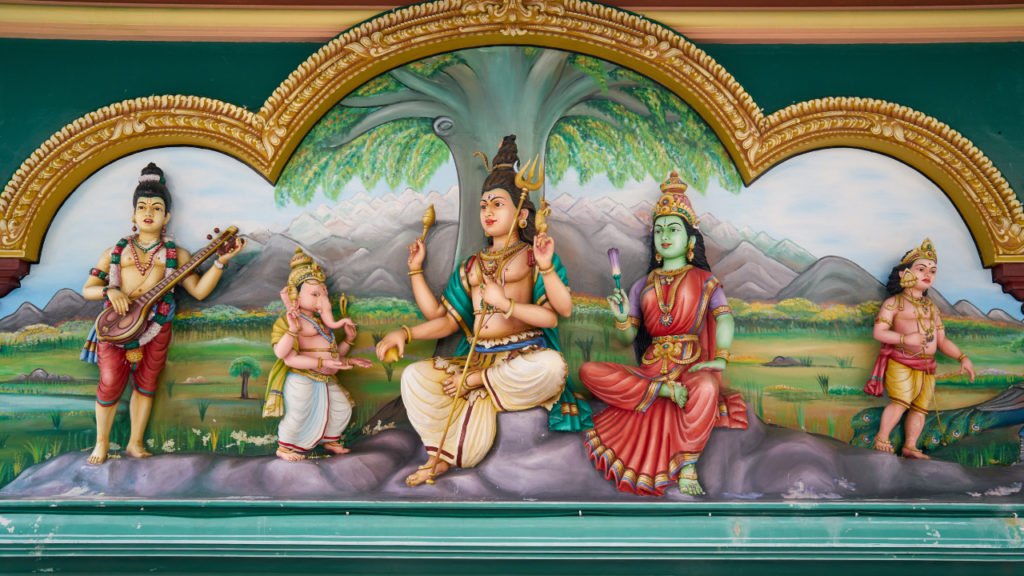
(FAQs) about Hinduism Gods:
Who are the main gods in Hinduism?
Hinduism features a trinity of major gods known as Brahma (the Creator), Vishnu (the Preserver), and Shiva (the Destroyer). These deities collectively govern the cosmic processes of creation, preservation, and destruction.
How many avatars does Vishnu have?
Vishnu is believed to have ten principal avatars, known as the Dashavatara. Notable avatars include Rama, Krishna, and Buddha, each serving a specific cosmic purpose.
What is the significance of goddesses in Hinduism?
Goddesses such as Lakshmi (wealth), Saraswati (knowledge), and Durga (power) personify various divine attributes and are worshipped for specific blessings.
Are there female counterparts to the trinity gods?
While there isn’t a direct female counterpart to the trinity, goddesses like Saraswati, Lakshmi, and Parvati (Shiva’s consort) hold significant roles in Hindu cosmology.
Who is Ganesha, and why is he widely worshipped?
Ganesha is the elephant-headed god of wisdom and the remover of obstacles. Devotees seek his blessings before embarking on new ventures or facing challenges.
Why do Hindus worship multiple deities?
The diverse pantheon in Hinduism accommodates a multitude of divine energies, allowing worshippers to connect with specific aspects of the divine based on their needs and aspirations.
What are some regional deities in Hinduism?
Hinduism encompasses numerous regional deities like Hanuman, worshipped for strength and devotion, and Murugan, a prominent deity in South India associated with war and victory.
How do Hindus view the concept of God in different forms?
The belief in God’s omnipresence allows Hindus to see the divine in various forms, from the cosmic trinity to the countless manifestations representing different facets of the supreme reality.
What role do myths and stories play in Hindu worship?
Myths and stories associated with Hindu gods provide moral and spiritual guidance, illustrating timeless principles and values that guide the lives of believers.
Can one worship a specific deity in Hinduism?
Yes, Hinduism allows for the worship of a particular deity based on personal preference and need. Devotees often choose a specific god or goddess whose attributes align with their spiritual goals.
